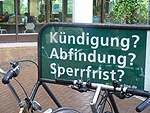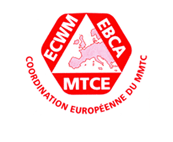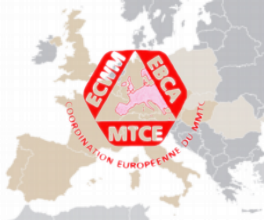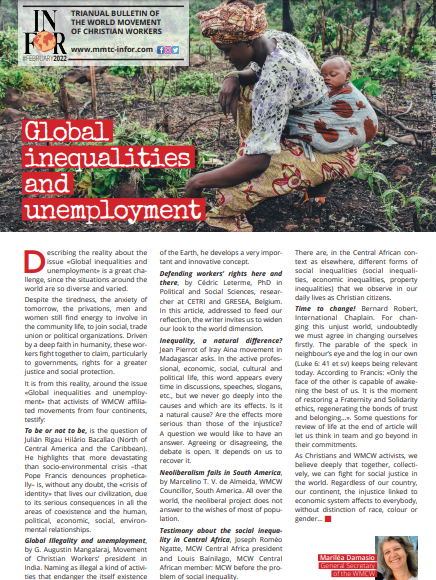
Facts: The average unemployment rate in the EU-27 was 8.2 % in 2006 and therefore went down compared to the relative maximum of 9.1 % recorded in the year 2004. But there were still considerable differences between the unemployment rates of the individual member states, with the highest rates recorded in Slovakia (13.4 %) and in Poland (13.8 %) and the lowest rates in Denmark and in the Netherlands with 3,9 %. In the majority of the member states the unemployment rate of women is higher than that of men. Unemployment is a major challenge especially for young persons between 15 and 24 years. In 2006 it was 17.2 % and thus clearly higher than the general average. Poland had the highest rate of 29.8 %. Here approx. every third young person is looking for gainful employment. Slovakia (10.2 %) and Poland (7.8 %) also had the highest long-term unemployment rates – with the average of EU-27 at 3,7 %.[1]









